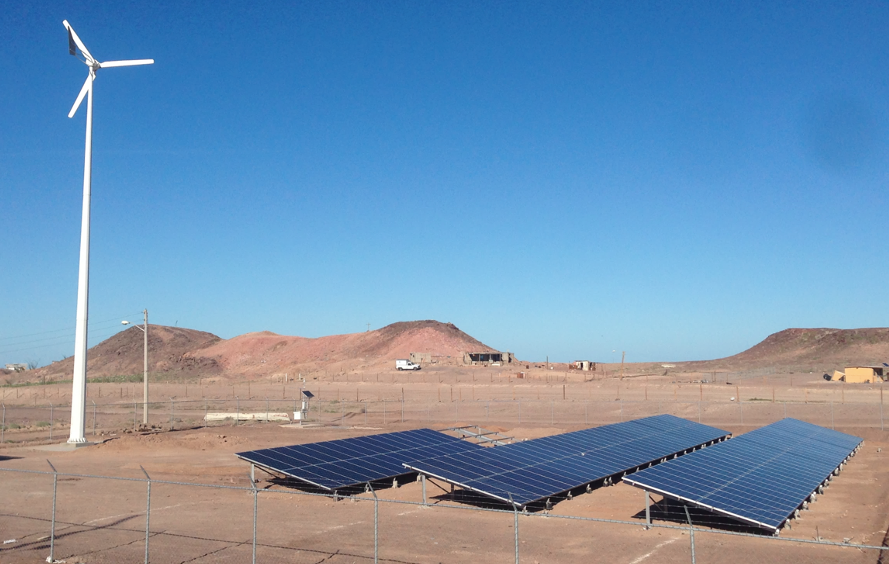from pv magazine Global
An international research team has developed a new control strategy for microgrid-connected PV systems that uses integral backstepping control (IBC) – an evolution of the backstepping control (BC) technique.
The latter is a recursive technique that is commonly utilised to extract the maximum power from the PV system. It works by breaking down the nonlinear control problem into a series of simpler subsystems. “IBC is a form of non-linear control system, which is modified using integral action to handle different real-life variations in PV arrays better,” the scientists explained.
The novel technique is also said to perform control of the voltage of the PV system’s DC link voltage loop, as well as that of the grid’s active/reactive power loops of the microgrid. It can also control the compensation of the harmonic currents of the network, the injection of the power of the battery into the grid, and the loop of the maximum power point tracking (MPPT).
Via the Matlab software, the scientists applied the novel approach to a microgrid-connected PV system equipped with battery energy storage and a three-phase multi-functional two-level voltage source inverter (MVSI). The MVSI is controlled by a non-linear direct power control (DPC) strategy, which is generally utilised for grid-connected voltage source converters, and space vector modulation (SVM), which is a common technique in field-oriented control for induction motors and permanent magnet synchronous motors.
They conducted a series of simulations over seven scenarios of micro-grid operation and compared the results achieved by the IBC technique with those achieved by classic BC control and the proportional-integral (PI) approach, which consists of a controller formed by combining proportional and integral control action.
They found that the IBC method was the most accurate in tracking the performance of the DC bus voltage. It also had better results regarding reactive power testing, dynamic response, and charge current ripples. Finally, it also performed better in reducing total harmonic distortion (THD) and fundamental amplitude values under specific scenarios.
“The numerical results reveal the better characteristic of the proposed system in terms of current quality for different conditions,” the researchers said. “At all levels, the IBC controller remains comparatively better than the BC and PI controllers.”
They introduced the new technique in the paper “Robust integral backstepping control microgrid connected photovoltaic System with battery energy storage through multifunctional voltage source inverter using direct power control SVM strategies,” published in Energy Reports. The research group comprises academics from the Brothers Mentouri University and the University of Bejaia in Algeria, as well as from the Nisantasi University in Turkey, and the University of the Antilles.
This content is protected by copyright and may not be reused. If you want to cooperate with us and would like to reuse some of our content, please contact: editors@pv-magazine.com.








By submitting this form you agree to pv magazine using your data for the purposes of publishing your comment.
Your personal data will only be disclosed or otherwise transmitted to third parties for the purposes of spam filtering or if this is necessary for technical maintenance of the website. Any other transfer to third parties will not take place unless this is justified on the basis of applicable data protection regulations or if pv magazine is legally obliged to do so.
You may revoke this consent at any time with effect for the future, in which case your personal data will be deleted immediately. Otherwise, your data will be deleted if pv magazine has processed your request or the purpose of data storage is fulfilled.
Further information on data privacy can be found in our Data Protection Policy.